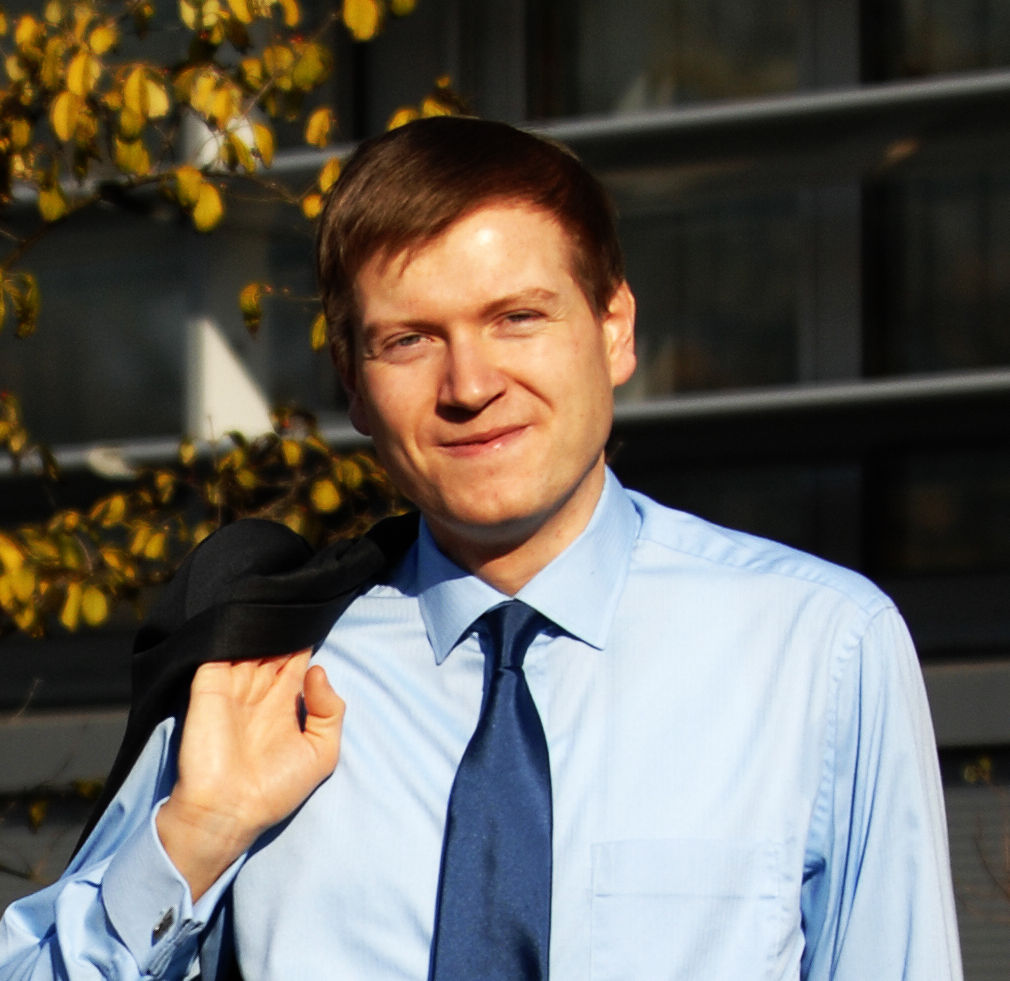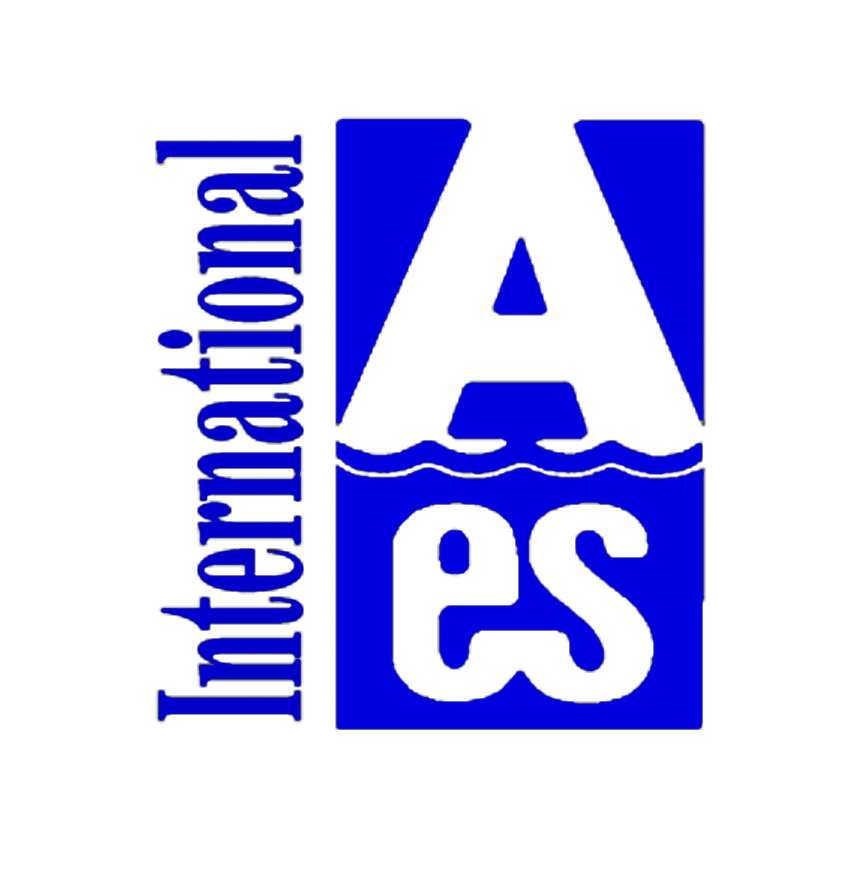Professor Miroslav Verbič

Professor Miroslav Verbič is Professor of Econometrics and Finance at the University of Ljubljana, and Senior Research Fellow at the Institute for Economic Research. His research interests include econometric modelling, general equilibrium modelling, asset pricing modelling, social security analysis, welfare economics, energy economics, and environmental economics. Professor Verbič teaches econometrics at the graduate and undergraduate level at the University of Ljubljana and abroad as a visiting professor at the University of Sarajevo, School of Economics and Business since February 2010, and the Kyungpook National University, School of Economics and Trade position in South Korea, in 2013. Professor Verbič is the author of five scientific monographs and more than 60 articles published in prestigious international scientific journals. His research work was recognized twice as Exceptional Scientific Achievement in Economics by the Slovenian Research Agency. Professor Verbič has years of experience as an expert evaluator for the European Commission’s Research Executive Agency and several national research funding bodies. He is engaged in several team projects commissioned by the Slovenian government and the EU Commission, some of which he chairs.
Why did you become a member of the International Atlantic Economic Society?
The International Atlantic Economic Society (IAES) is well known at my university due to several of my senior colleagues being extensively involved in its activities from the very beginning. However, I was particularly inspired to join the Society by my colleague and past president of the IAES, Professor Reinhard Neck during our collaboration on a project building a quarterly econometric model of the Slovenian economy. The transatlantic character of the Society and the opportunities the Society offers to its community seemed a natural fit for my interests allowing me to contribute to the Society.
What types of projects/research are you currently working on and what inspired/motivated you to pursue these interests?
My research team is currently investigating the effects of financial frictions on the real economy and fiscal dynamics. These activities are part of ongoing research motivated by the Great Recession and by the COVID-19 recession. As the effects of the financial market on the real economy can be transmitted through different channels, it is necessary to look at a theoretical model of the loan market to disentangle the effect of a depressed loan supply from the effect of lower demand as a consequence of uncertainty. The basic idea is to look at the reasons for a lower investment rate, whether they arise from the supply side or the demand side. This permits investigation of whether there is any room for efficient fiscal policy and what kinds of measures could be undertaken to stabilize the economy. We also address how fiscal policy reacts to changing conditions in financial markets. The budget can be affected by financial market conditions and particular asset prices via a series of channels that need to be considered. For example, if the asset price bust leads to financial instability and induces a negative feedback loop on economic activity, some expansionary fiscal measures might be necessary to avert the danger of a full-blown economic recession.
What advice would you give to someone who is considering entering your line of work/field of study?
As a researcher, one should try to not only develop new theoretical knowledge, but also to serve the needs of the economy by using their knowledge to benefit society as a whole. As a professor, one should focus on passing their knowledge and experience on to younger generations with dedication to the best of their abilities. The two go hand in hand. It is challenging to be a good professor without good research, and it is challenging to be a good researcher developing and applying state-of-the-art knowledge without insight into the minds of younger generations.
Going forward, what other projects/research are you planning to or hoping to pursue?
In terms of teaching, I started the process of “translating” all materials from Stata to R, so that I can offer all my undergraduate, Masters and PhD courses in both software, and the students will choose for themselves which of these to use in the course. In terms of research, I will devote a larger share of my time to theoretical research activities, such as developing combinatorial regression methods in abstract simplicial complexes, and Granger mediation analysis of multiple time series for multiple, multilevel and functional mediators. The work in combinatorial regression represents a significant extension of the full-factorial attraction model on a simplex, which is a generalization of the notion of a triangle or tetrahedron to arbitrary dimensions. Research activities in Granger mediation analysis focus on time series data for variables that can be multilevel or functional, and extend the existing approach to multiple mediators setting.
What’s your favorite hobby?
I swim three times per week all year round under the supervision of my trainer. It requires me to let go of any issues and focus on the here and now. I very much miss travelling at the moment, though I enjoy spending time with my wife and my six-year-old son that much more.

